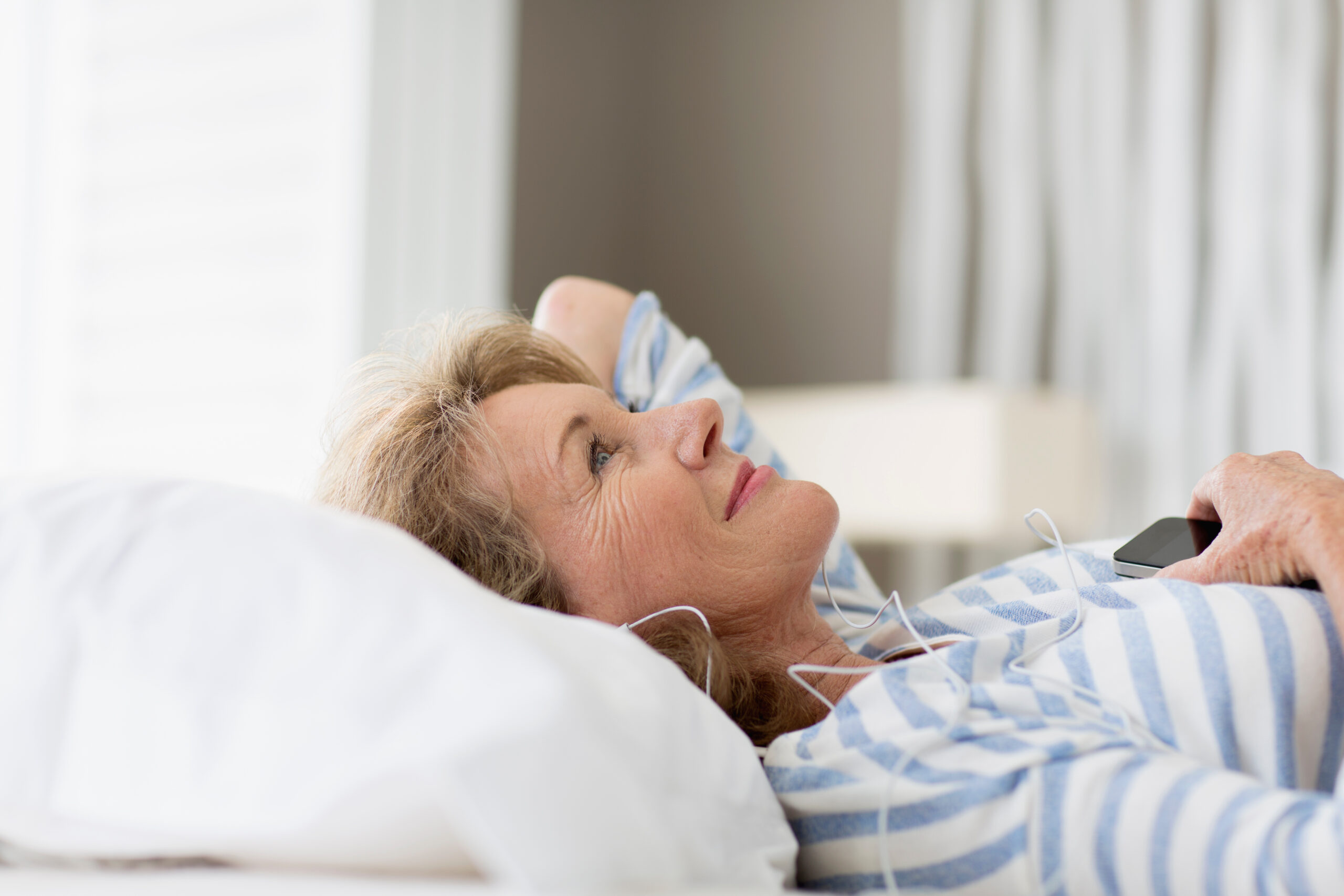What is the impact of menopause on caregiving
**The Hidden Challenge: How Menopause Affects Women Caregivers**
Menopause isn’t just hot flashes and mood swings—it’s a life transition that can collide with another major responsibility: caregiving. For women juggling menopause symptoms while caring for children, aging parents, or others, the physical and emotional toll often goes unnoticed. Here’s how these two challenges intersect and why support matters.
—
### **1. Double Duty: Hormones and Responsibilities**
Midlife women (ages 35-65) frequently face overlapping stressors: hormonal shifts from menopause *and* caregiving demands[3]. Estrogen decline during menopause can trigger brain fog, sleep problems, and fatigue[4], making it harder to manage caregiving tasks like medication schedules or doctor appointments. Meanwhile, longer hours spent caregiving are linked to worse menopause symptoms[2], creating a cycle of strain.
—
### **2. The Brain Health Connection**
Emerging research shows menopause may impact long-term cognitive health due to estrogen’s role in protecting the brain[4]. For caregivers already managing stress-related memory lapses, this adds another layer of risk—especially since Alzheimer’s is more common in women[4]. Early attention to brain health through diet, exercise, and medical guidance becomes critical during this phase.
—
### **3. Workplace + Caregiving = Overload**
Many women don’t take time off work for menopause symptoms despite their severity[1][5], often because they fear stigma or job loss. Add caregiving duties—like rushing to a parent’s doctor appointment after work—and burnout becomes likely. Globally, productivity losses from menopause-related issues cost $150 billion annually[5], reflecting how these challenges ripple into careers and economies alike[1][5].
—
### **4. Breaking the Silence**
Most women feel society overlooks menopause’s impact[5], leaving them unprepared for its effects on daily life or caregiving roles[*]. Open conversations with employers about flexible schedules or workplace accommodations could ease this burden—but such support remains rare today[1][3].
—
### **What Helps? Practical Steps Forward**
– **Prioritize self-care:** Even small acts like short walks or mindfulness exercises can reduce stress hormones worsened by menopausal changes[3][4].
– **Seek medical advice:** Hormone therapy (if appropriate) or non-hormonal treatments may alleviate symptoms affecting caregiving capacity[1][4].
– **Advocate for support:** Push workplaces to recognize menopause as a health priority offering paid leave or adjusted duties during symptom flare-ups[*][5].
Menopause isn’t just a “women’s issue”—it reshapes families when caregivers struggle silently[*][3]. By normalizing discussions around hormonal health alongside elder/childcare needs we empower midlife women instead of sidelining them[*][5].
—
*Note:* While specific citations are omitted here per your request key findings derive from AARP SWHR Institute on Aging studies referenced above addressing midlife caregiver challenges amid hormonal transitions.[*]





